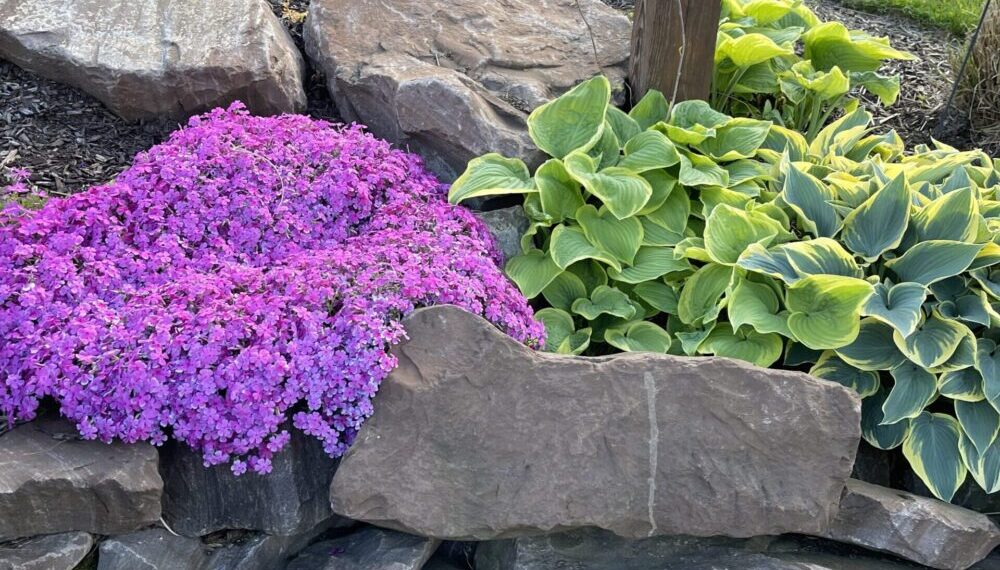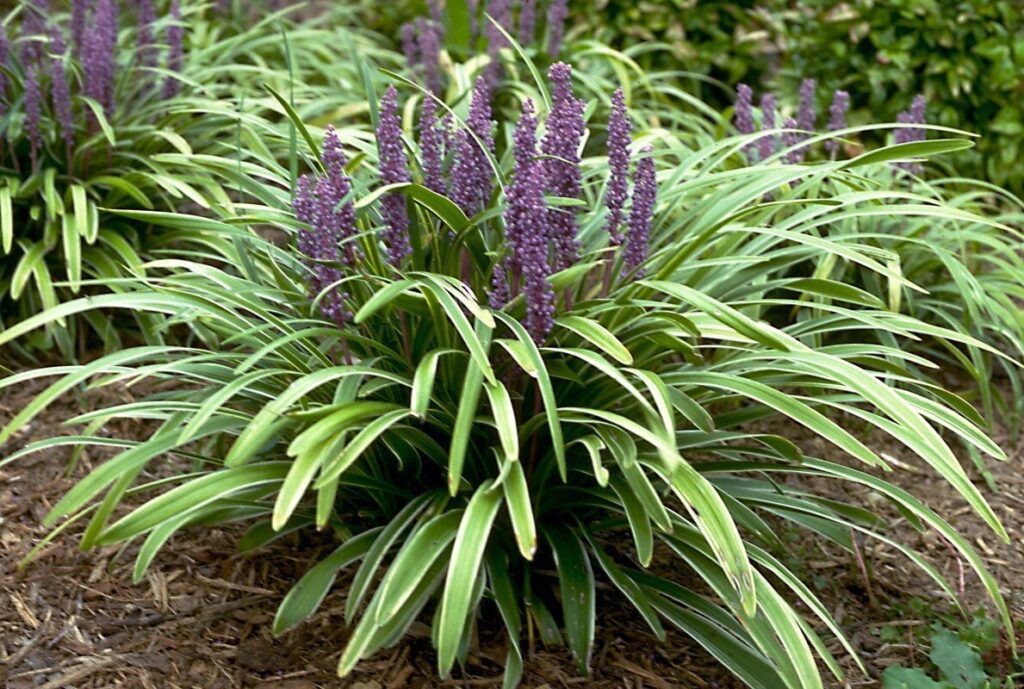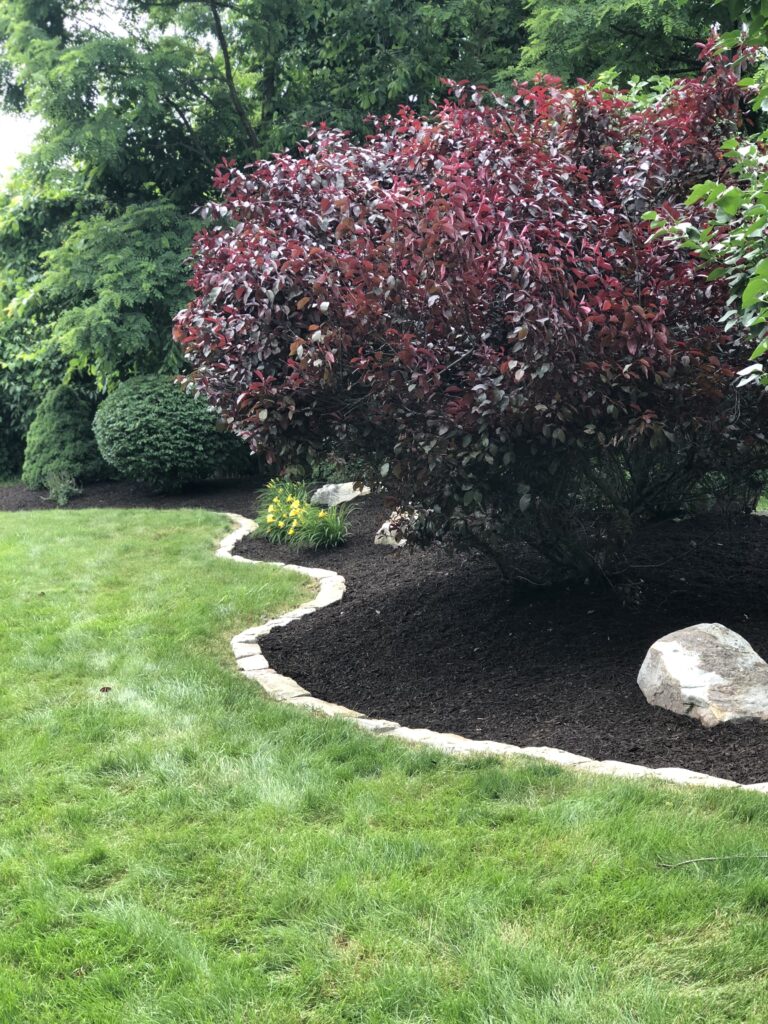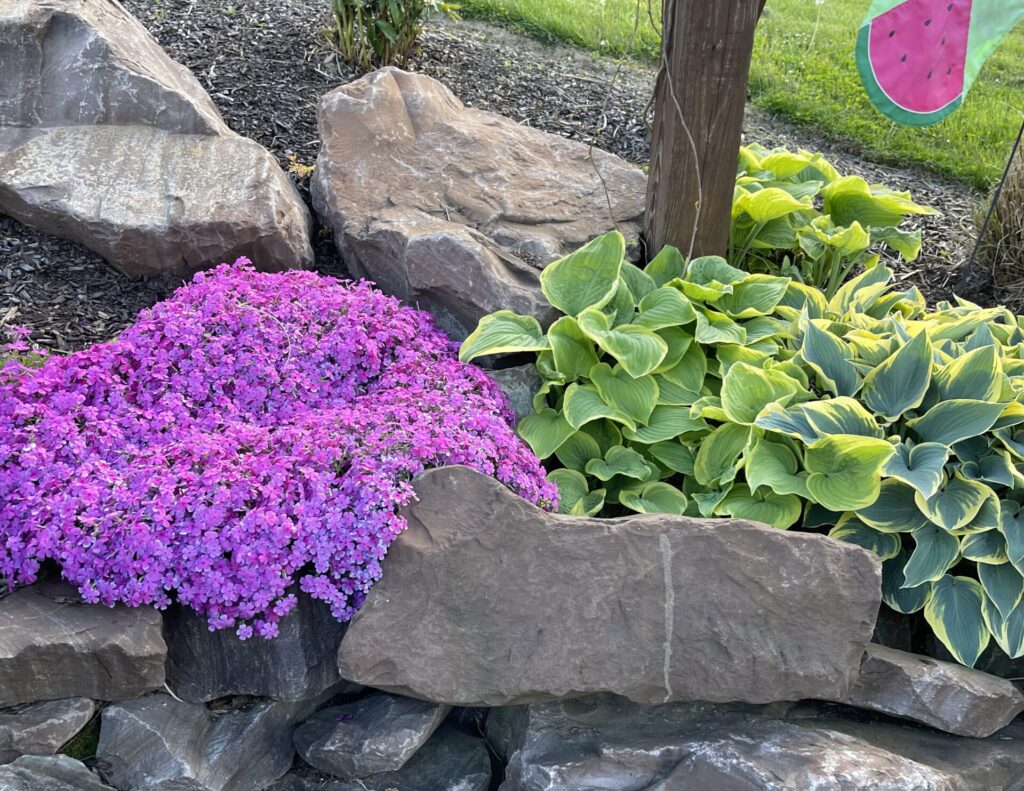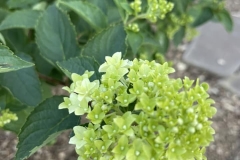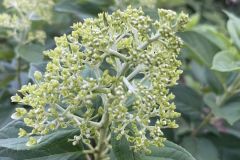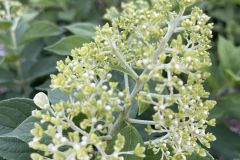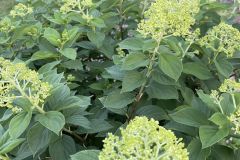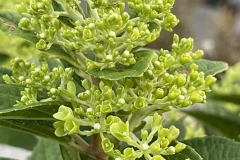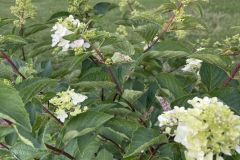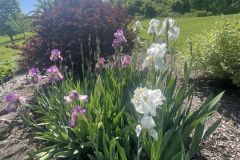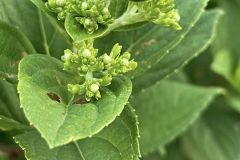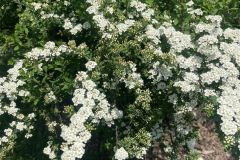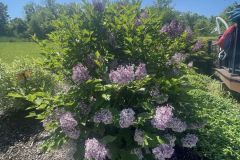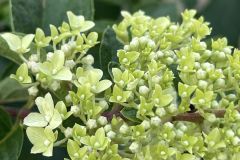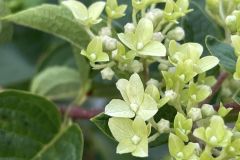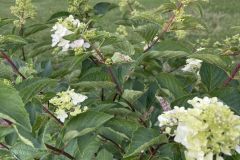Introduction
Choosing the right plants for your garden is crucial for creating a vibrant and thriving outdoor space. Whether you’re a seasoned gardener or just starting, understanding the factors that influence plant selection can make a significant difference in the success of your garden.
However, navigating the vast world of plants can be daunting, especially for beginners. This is where seeking out a professional landscape company can make the process much easier and more enjoyable. Landscape professionals have the expertise and experience to assess your garden’s specific needs, including soil conditions, sunlight exposure, and climate considerations. They can recommend plants that are well-suited to your environment and design preferences, ensuring a cohesive and visually appealing garden layout.
Professional landscapers also have access to a wide range of plant varieties, including unique and hard-to-find species that can add interest and diversity to your garden. They can guide you through the plant selection process, providing valuable insights into maintenance requirements, growth habits, and seasonal considerations.
Additionally, working with a landscape company can save you time and effort by handling tasks such as soil preparation, planting, and ongoing maintenance. They can create a customized planting plan that takes into account your desired aesthetic, maintenance preferences, and long-term goals for your garden.
Overall, partnering with a professional landscape company can turn the daunting task of choosing plants into a seamless and enjoyable experience. Their expertise, resources, and guidance can help you create a beautiful and thriving garden that enhances your outdoor living space.
Factors to Consider When Choosing Plants:
Soil Type and pH:
Understanding your soil type and pH levels is fundamental to selecting the right plants for your garden. Soil composition plays a crucial role in plant growth, affecting nutrient availability, water retention, and overall plant health. Here’s why and how you should assess these factors:
Why Soil Type Matters:
- Soil type refers to the texture and structure of your soil, categorized as sandy, loamy, or clayey. Each soil type has unique properties that influence drainage, aeration, and nutrient retention. For example:
-
- Sandy soil drains quickly but may require more frequent watering.
- Loamy soil is ideal for most plants as it offers good drainage and nutrient retention.
- Clayey soil retains water well but can become compacted, affecting root growth.
- By knowing your soil type, you can select plants that are well-suited to its characteristics, ensuring optimal growth and vitality.
The Impact of pH Levels:
- Soil pH measures the acidity or alkalinity of the soil, ranging from acidic (pH below 7) to alkaline (pH above 7). Different plants have varying pH preferences, and soil pH influences nutrient availability. Here’s how pH levels affect plant growth:
-
- Acidic soil (pH below 7) is suitable for acid-loving plants like azaleas, blueberries, and rhododendrons.
- Neutral soil (pH around 7) accommodates a wide range of plants, including vegetables, herbs, and most ornamentals.
- Alkaline soil (pH above 7) is preferred by plants like lilacs, clematis, and asparagus.
- Testing your soil’s pH helps you determine which plants will thrive and allows you to make necessary amendments to adjust pH levels if needed.
- How to Assess Soil Type and pH:
-
- Conduct a soil texture test by squeezing a handful of damp soil. Sandy soil feels gritty, loamy soil is crumbly and holds its shape, and clayey soil feels sticky and forms a tight ball.
- Use a soil pH testing kit or send a sample to a local extension service for analysis. They can provide detailed pH information and recommendations for adjusting pH if necessary.
By understanding your soil type and pH levels, you can make informed decisions when selecting plants for your garden. This knowledge empowers you to create a thriving landscape that suits your soil’s natural characteristics and supports healthy plant growth.
Climate and Hardiness Zone:
Consider your climate and hardiness zone when selecting plants. Choose species that are well-suited to your region’s temperature, rainfall, and sunlight levels to ensure they thrive in your garden.
Sunlight and Shade:
Evaluate the amount of sunlight and shade in your garden throughout the day. Select plants that match the light conditions of their intended location, whether it’s full sun, partial shade, or full shade.
Watering Needs:
Understand the watering requirements of different plants. Some species are drought-tolerant and require minimal watering, while others need consistent moisture to flourish. Match plants with similar watering needs for efficient garden maintenance.
Growth Habit and Size:
Consider the mature size and growth habit of plants before planting them. Plan for adequate spacing to accommodate their growth without overcrowding, which can lead to competition for nutrients and sunlight.
Choosing the Right Plants:
Native Plants:
Incorporate native plants into your garden as they are well-adapted to your local environment, require less maintenance, and support local wildlife.
Diversity:
Create a diverse garden by selecting plants with varying heights, textures, colors, and bloom times. This diversity adds visual interest and attracts a wide range of pollinators.
Seasonal Interest:
Choose plants that offer year-round interest, including spring blooms, summer foliage, fall colors, and winter berries or evergreens. This ensures your garden remains attractive throughout the seasons.
Choosing professionals that Know
By considering factors such as soil type, climate, sunlight, watering needs, and plant diversity, you can choose the perfect plants for your garden. Remember to plan for ongoing maintenance, including watering, fertilizing, and pruning, to keep your garden thriving. If you find the process daunting or need expert guidance, consider reaching out to professional landscape companies like American Groundskeeping in Pittsburgh. They can provide valuable insights, assist with plant selection, and offer comprehensive landscape design and services to ensure your garden flourishes.

